A solid screenplay is the cornerstone of any successful movie, but good screenwriting doesn’t happen in a vacuum - to improve your writing and learn from the greats, here’s a list of classic movies screenwriters must-see. By watching acclaimed films with an eye (and ear) for detail, you can sharpen your own writing skills and better understand the context from which truly great movies emerge.

Movies Screenwriters Must See
Casablanca (1942)
Casablanca’s screenplay strikes a careful balance between the universal and the particular, placing dynamic characters in a realistic setting with allegorical potential. Set during World War II, this untraditional love story follows Rick Blaine, a nightclub owner who must help his old lover and her new husband elude the grasp of Nazi soldiers. A tale of passion and loss, Casablanca centers on a doomed romance and an enigmatic hero who sacrifices love for the greater good, pushing back against the empty happiness of its contemporaries.
Sunset Boulevard (1950)
Following an ineffectual young screenwriter’s fraught relationship with an Old Hollywood has-been, Sunset Boulevard peels back the glamour of the Golden Age to reveal its seedy underbelly. Exploring the relationship between illusion and reality, past and present, and love and obsession, Sunset Boulevard is a ruthless and self-reflexive look at the expendable nature of stardom.
Chinatown (1974)
With a dual storyline of corruption and incest, Chinatown is a dynamic rendition of the classic three-act drama, bringing emotional intensity to the neo-noir genre. Balancing violence and mystery in an unconventional desert setting, Chinatown proves that the noir format can work outside of the city and its grimy underbelly.
Taxi Driver (1976)
An intricate character study with a counter-cultural appeal, Taxi Driver follows a disturbed veteran whose ambiguous morality allows for a complex exploration of radicalization and violence. Spotlighting urban decay and its consequences, Taxi Driver meditates on vigilantism through Travis Bickle, the quintessential antihero.
The Breakfast Club (1985)
Following a mismatched group of high school students during a fateful Saturday detention, The Breakfast Club depicts a heartfelt story of teen angst without patronizing or diminishing teens’ experiences. This coming-of-age tale resonates with teens and adults alike by subverting schoolyard tropes with a fresh blend of drama and comedy.
Die Hard (1988)
Following an unconventional hero who rises to the challenge, Die Hard changes how we think about action films. As a renegade cop with emotional baggage, John McClane must set aside his self-doubt to save his fellow hostages. With near-perfect pacing and a careful balance between humor and tragedy, Die Hard’s screenplay makes it a classic.
The Silence of the Lambs (1991)
With a capable and complex female character at its helm, The Silence of the Lambs proves that female characters can be as captivating and commercially successful as their male counterparts. Following fledgling FBI agent Clarice Starling as she works with Hannibal Lecter to catch a killer, this film combines thriller and psychological horror formats for maximum thrills.
Forrest Gump (1994)
Bumbling and endearing in equal measure, Forrest Gump’s titular character is a loveable outsider with a big tale to tell. This film combines epic storytelling with slice-of-life authenticity and bounces between macro and micro-narratives to show how one individual can shape the lives of many.
Before Sunrise (1995)
A heartfelt indie classic, Before Sunrise follows two strangers as they talk about everything and nothing on one romantic night in Vienna. Through American Jesse and French Céline, the film explores the rush of budding romance and the anticipation of flirtation. The stripped-down feel is intimate and relatable, creating an uncomfortably genuine and refreshing romantic comedy.
Good Will Hunting (1997)
Navigating trauma and class struggle with a good dose of humor, Good Will Hunting is realistic, melancholy, and affecting all simultaneously. Offering poignant reflections on healing and potential, this film’s nuanced examination of romantic and fraternal connections is heartfelt without being cheesy.
The Big Lebowski (1998)
The Coen brothers’ witty dialogue and lovable protagonist make this film a cult classic. The Big Lebowski places the Dude, a listless stoner-turned-P.I., at the heart of the film’s mystery, playing with conventions of the detective genre to great effect. With an incompetent hero and zany side characters, this film is a surreal and endearing take on the ransom plot.
Memento (2000)
Told in reverse chronological order, Memento’s backward narrative puts a unique spin on the revenge thriller, forcing the viewer to experience Leonard’s paranoia and loss of control alongside him. This unique structure allows Memento to work as both a thriller and a morally-grey whodunit, cleverly deconstructing our understanding of revenge.
Eternal Sunshine of the Spotless Mind (2004)
Eternal Sunshine is a philosophical take on love and identity. The film is part elevated rom-com and part science fiction flick, offering a complex approach to romance that doesn’t shy away from the surreal. The film’s nonlinear timeline pressures rom-com conventions like the “meet-cute,” repurposing classic tropes to dismantle audience expectations.
Juno (2007)
Juno offers a nuanced and upbeat perspective on teen pregnancy when its titular character finds herself pregnant with her best friend’s baby. By tackling complex topics with levity and understanding, Juno’s pitch-perfect dramedy is heartfelt but never saccharine, inspiring viewers to find joy in challenging circumstances.
John Wick (2014)
What sets John Wick apart from other graphic action flicks is its intricate world-building. Following a retired hitman out for blood after the murder of his puppy, John Wick and its antihero occupy an enigmatic underground world full of secret codes, unspoken etiquette, and mysterious currency. John Wick thrusts the viewer into this world without awkward over-explanation, encouraging the viewer to experience the story as it unfolds.
Become a Better Screenwriter with ScriptMother
A screenplay can make or break a film’s success, and one of the best ways to improve your screenwriting is to engage with other great scripts. With ScriptMother, you can read and edit scripts while also receiving feedback on your work. Sign up for a free account today to join a screenwriting community and hone your craft!

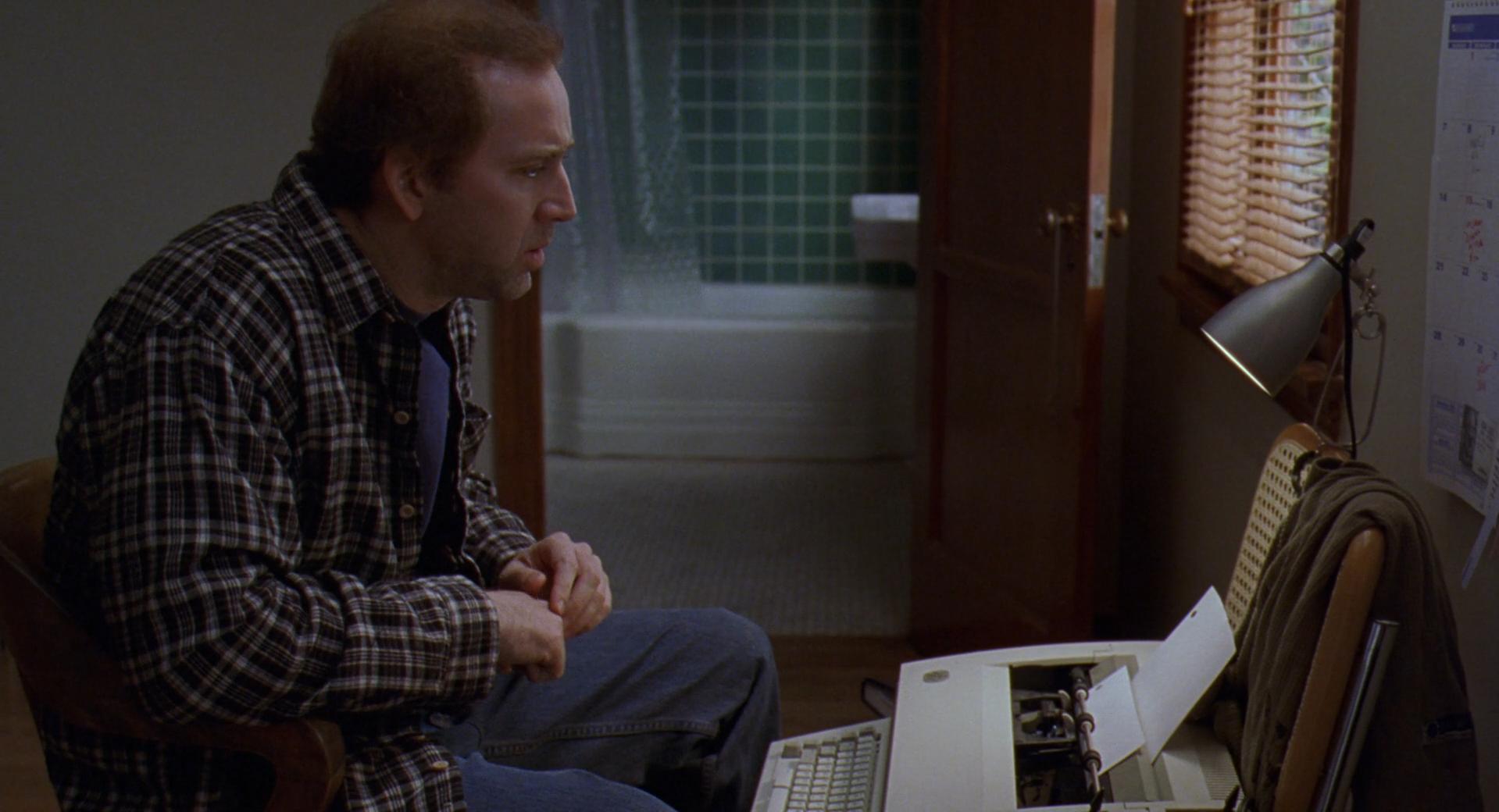
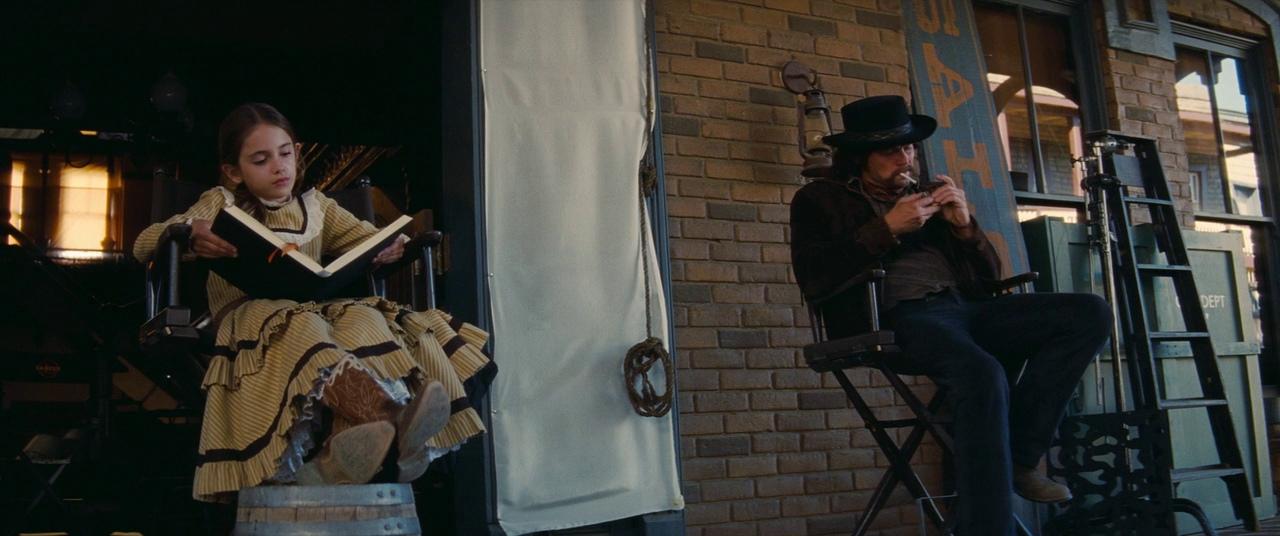
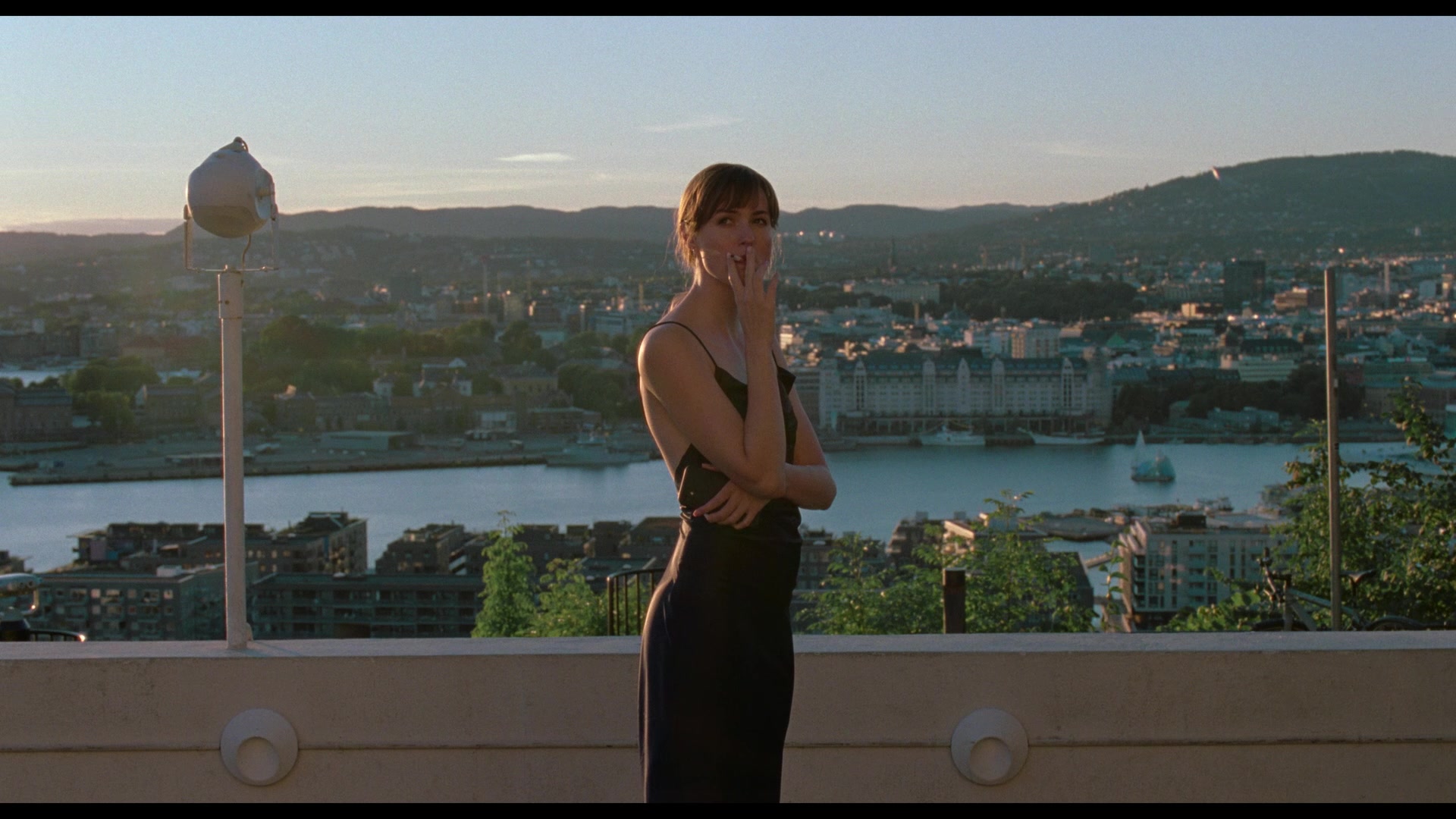

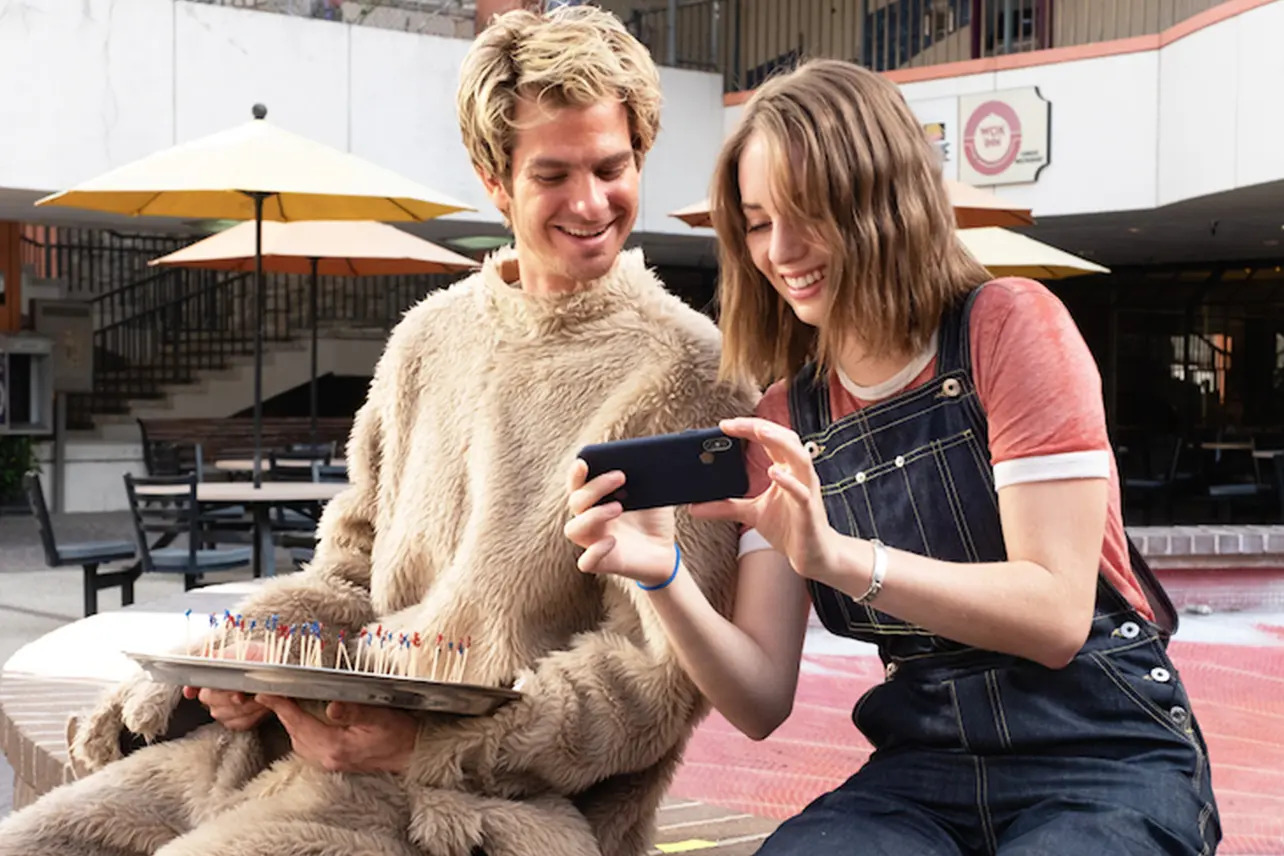
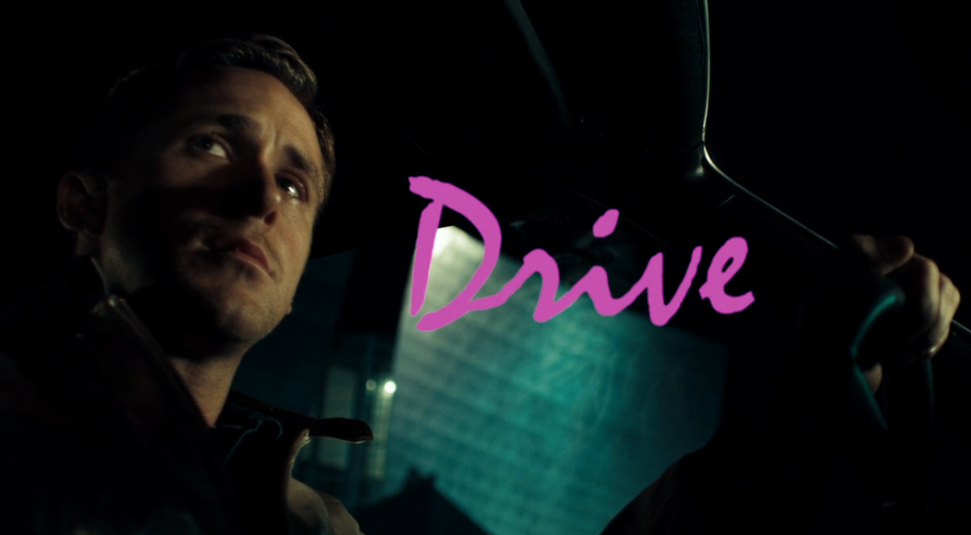
Add Comment
Comments
No comments have been posted